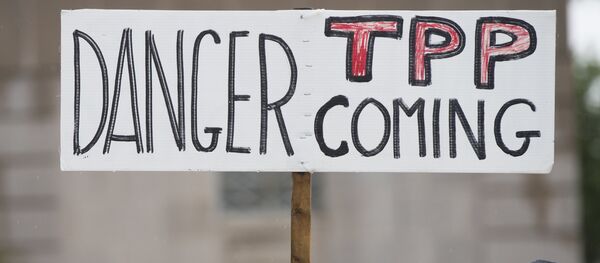"This TPP ought to send shockwaves across the Gulf, because… it is showing that the United States is serious about re-balancing its focus out of the Middle East and towards the Asia Pacific region," Raj Bhala, who is also a University of Kansas Law Professor, said.
The Gulf countries face a real challenge to sustain their programs of attracting foreign direct investment and diversifying trade, Bhala added.
Besides the United States and Canada, the TPP deal includes Australia, Japan, New Zealand, Mexico, Taiwan, Peru, Brunei, Chile, Singapore and Malaysia.
The US Congress is expected to vote on the controversial agreement in the beginning of 2016.
Bhala's book on the TPP deal, TPP Objectively: A Neutral Examination of History's Largest Free Trade Agreement, is due to be released in mid-2016.




